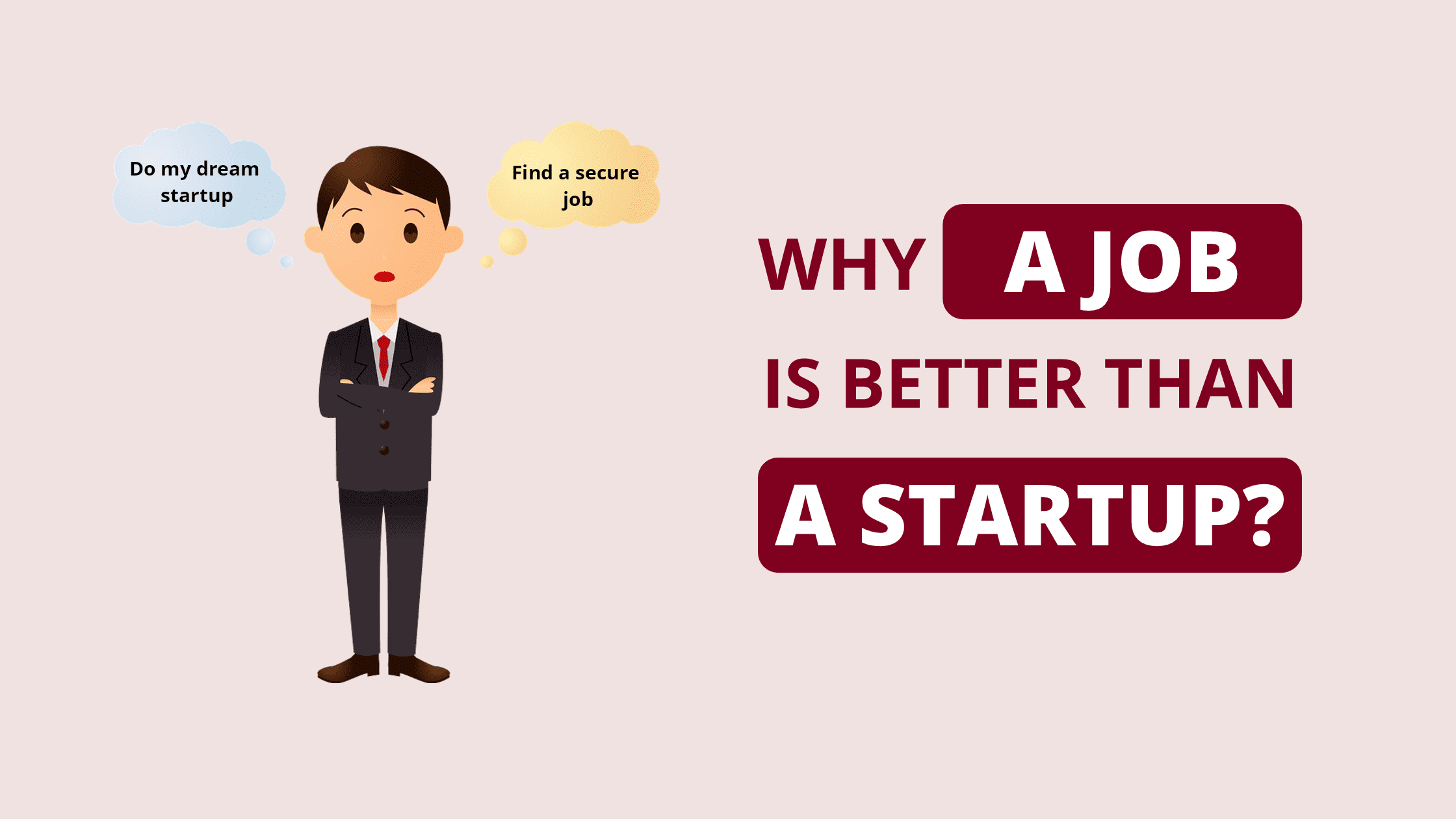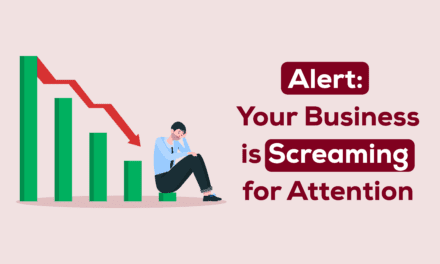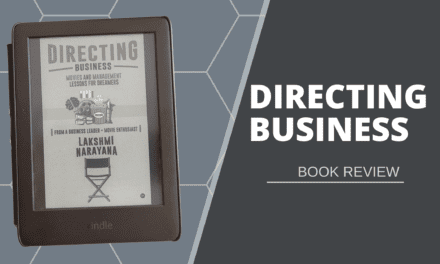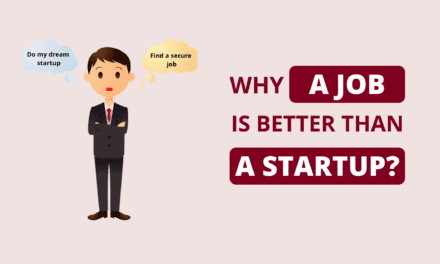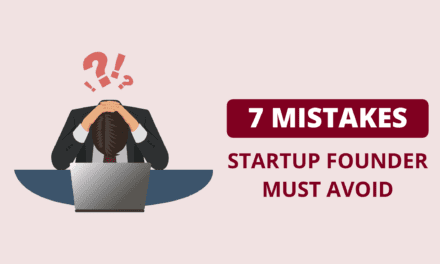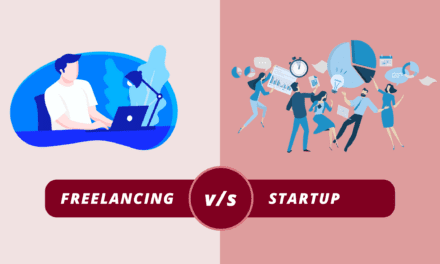Many people love to do a job, and other cliques love to do startups of their own. Well, it is fairer to select the one that interests you. Anyhow, the general principle is that the utterance “nine to five” is treated as a nightmare that everyone wants to escape from– either through early retirement or drifting to a startup. Modern society prejudices that self-employment or entrepreneurship holds greater glory than working for someone. Choosing a job over a startup is not a “cool” choice.
But the reality is that not everyone has the capability, the rapport, access to resources, or the hustle to start a startup of their own which is fine! Let us explore the top reasons why we should choose a job over a startup and which one is suitable for your career eventually.
Why should you choose a job over a startup?
There is nothing like a free lunch, and there is certainly not a thing called easy money. If you think that startups are effortless and jobs are obsolete, I may have a distinct perspective. Let us discuss it based on valid and thoughtful arguments. I have seen both worlds and here’s me sharing my opinion on why you should choose a job over a startup, and when.
Financial Stability
Start-ups are unpredictable because an individual is building something from scratch. If your start-up does not perform well, it will be out of capital which is disheartening. You will fail to assemble a market, and your company will collapse. When you start a new business, the entire family is affected and not always positively. Financial stability is essential if you have a family that depends on your income. A corporate job, on the other hand, involves truly little risk. So, if you do not have the gut for scepticism, this may be the right choice for you.
Responsibility
Operating a startup gives rise to a lot of responsibilities. There are decisions to make and outcomes to achieve. You will be accountable for the decisions you make, for the success, and, of course, the failures. If you think being a boss is child’s play, let us be genuine! While you relish your nine to five working hours with weekends off, your boss is bombed with work visits and client calls all day long. An employee can shift the blame of failures on co-workers or boss but a business owner cannot escape from the consequences.
Hard Work
There is a disparity between the challenging work you lay into a job and that you put into a startup. When you work hard at a regular job, you work for somebody else to make them grow. And no matter how much hard work you put in; it is always others who will reap more prestige. In jobs, your hard work is cited as an increase in salary. And, in the case of a startup, your arduous work pays you back the enjoyment of success. However, it demands a surprisingly high amount of effort and interest. The worst part is you are not even sure if your hard work will spawn success or not.
Work-Life Equilibrium
A precise balance between life and work is always required for a happy and fulfilling vitality. Since jobs have fixed work-timing, you are answerable for specific tasks, which can be finished in the office. Therefore, retaining a work-life equilibrium is much painless in a job. You get sufficient time. On the other hand, if you are in a startup, it is always deep within, round the clock. You have to watch after everything from supervision, development, marketing, deals, and family. And, without ethical timing and strict self-management, you may break down your health and relationships.
Skill Level
Starting a startup does not compulsorily need academic education. It would help if you had an idea that you believe in, aptitude, fascination, commitment, and interest in the field you are working on. You will need to master various skills as a startup owner, and employers will be reluctant if you put your startup on your overview. Getting a high-profile job only needs eligibility and qualification. You can be fired from a job and still find work. But if you lose your startup overnight, accomplishing a new startup is suffering. In this case, choosing a job over a startup is a better choice.
High Level of Stress
Startup owners tend to encounter increased levels of stress and health issues. A compatible remuneration means startup founders always need to generate sales and revenues. Founders often experience considerable variations in monthly income and have potentially higher debt expansion. Bigger businesses with higher monthly expenditure and payroll mean the startup owner is responsible for others’ livelihood, which also adds to personal stress. A startup can be a bad idea if you cannot handle stress.
Conclusion
If you are thinking of owning a start-up, you will have to be prepared for a multivariate role, while a corporate job will set you on a straight and narrow path. Both routes can lead to accomplishments; it is you who needs to agree on which way to go based on your professional goals. Will you prosper in an out-of-the-box kind of setup, or are you more suited for a structured work atmosphere? Your attitude, work behaviour, and career requirements will discern what is best for you.

